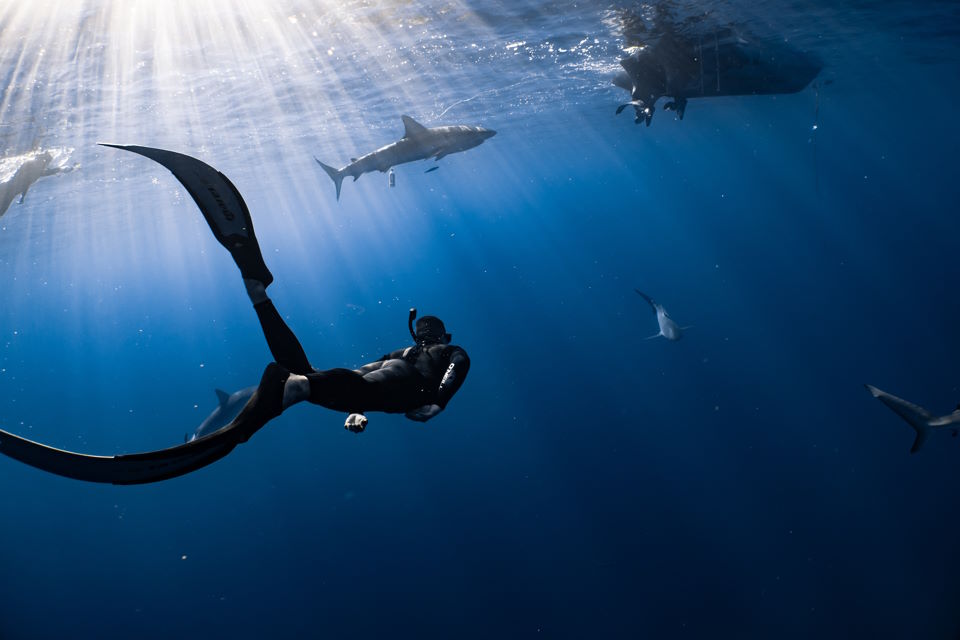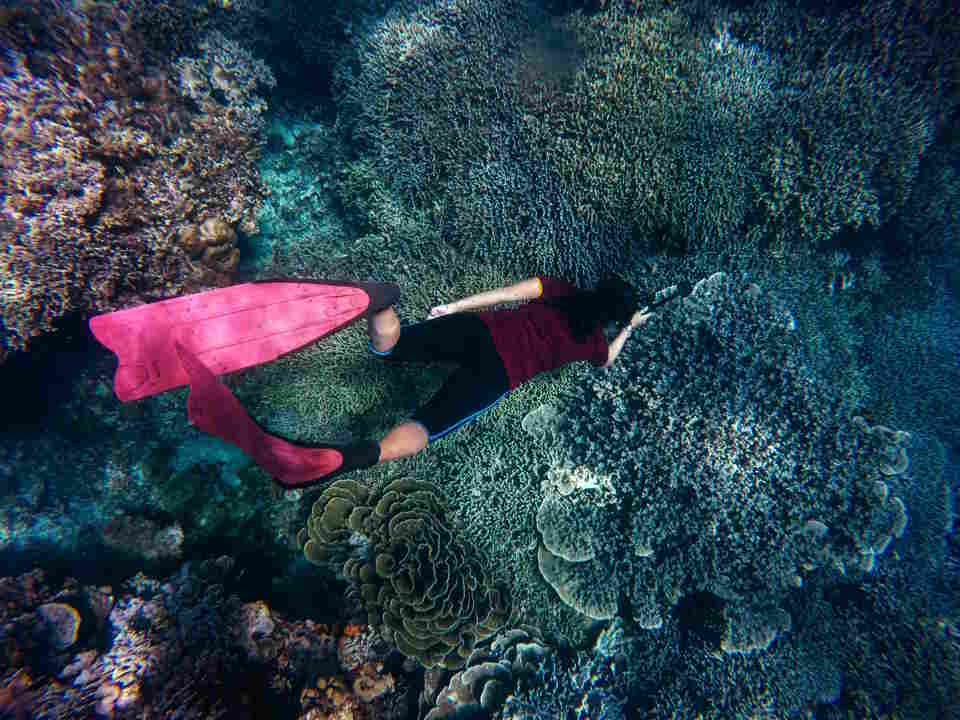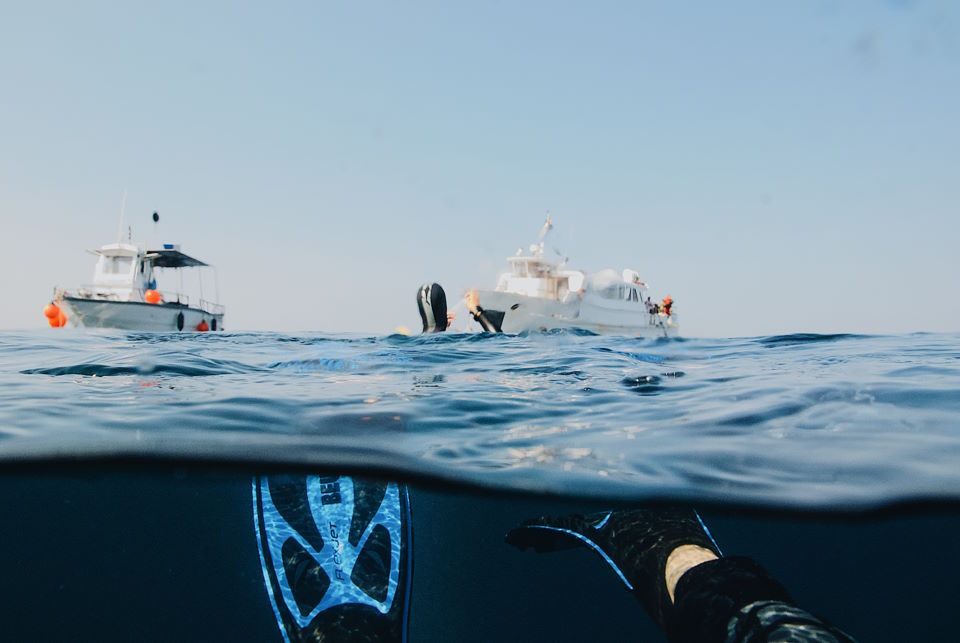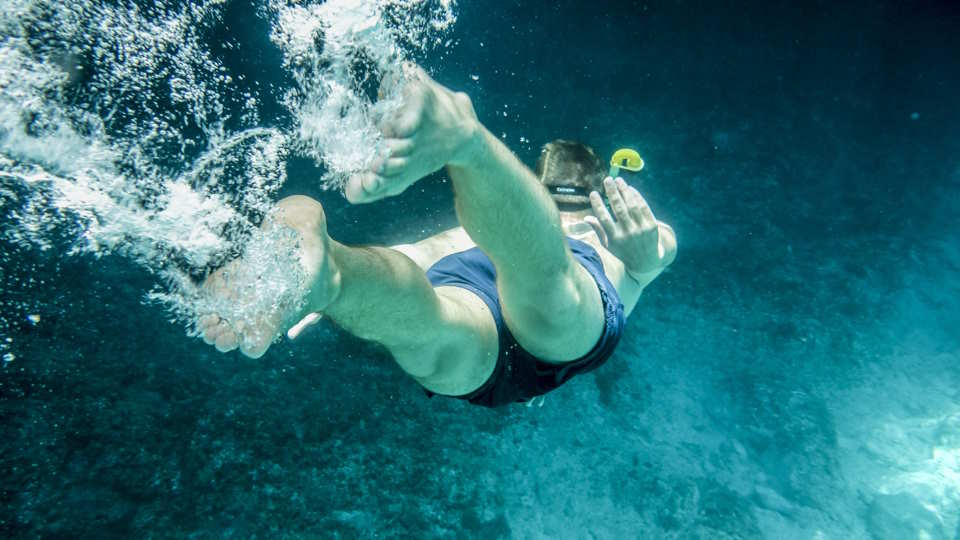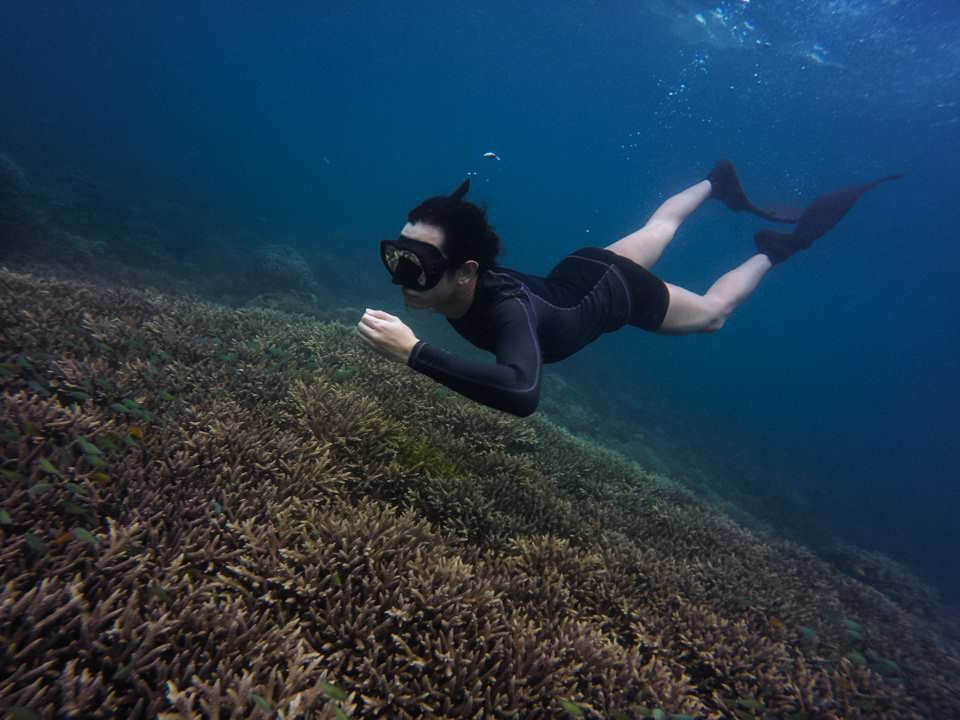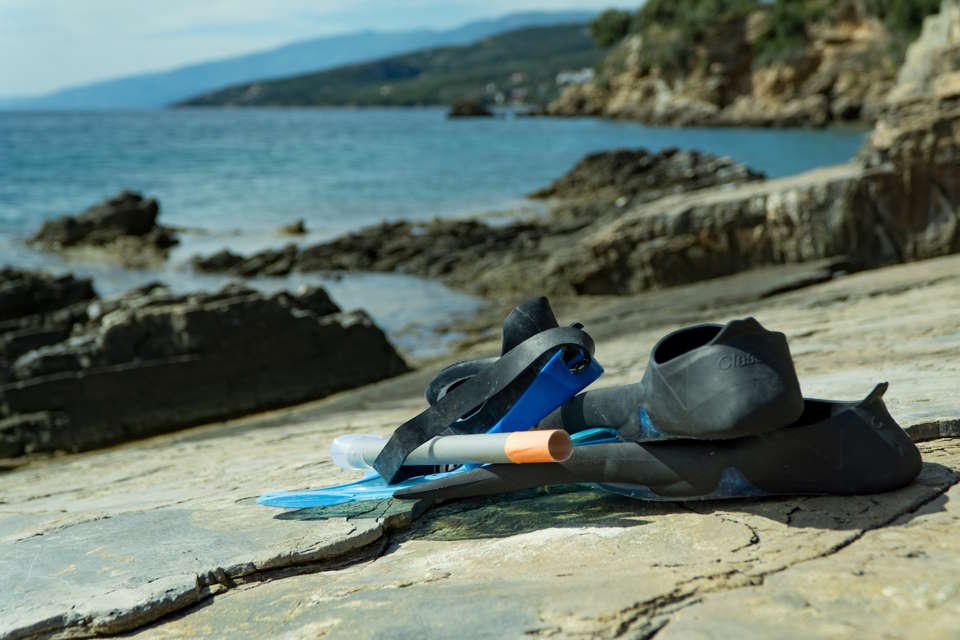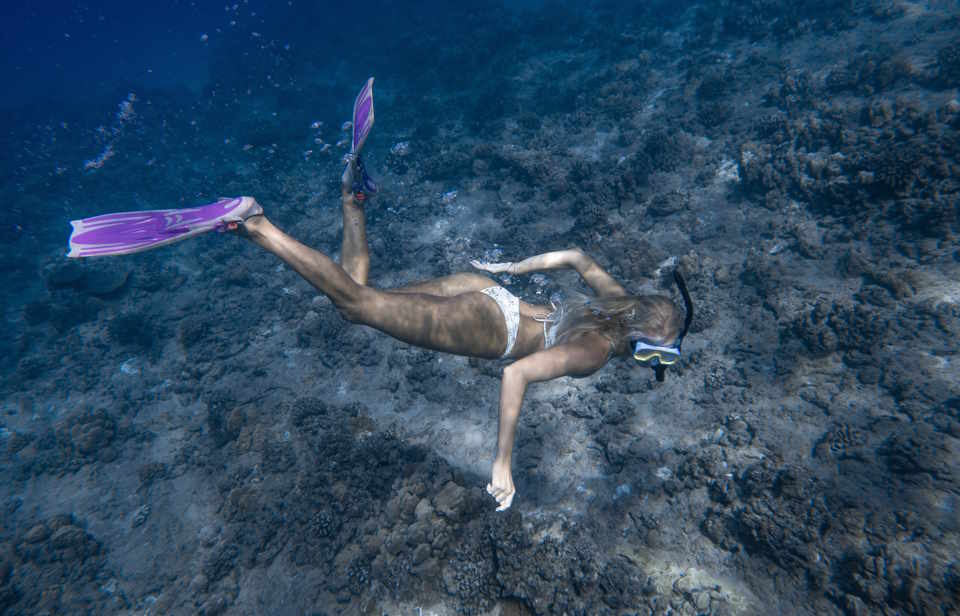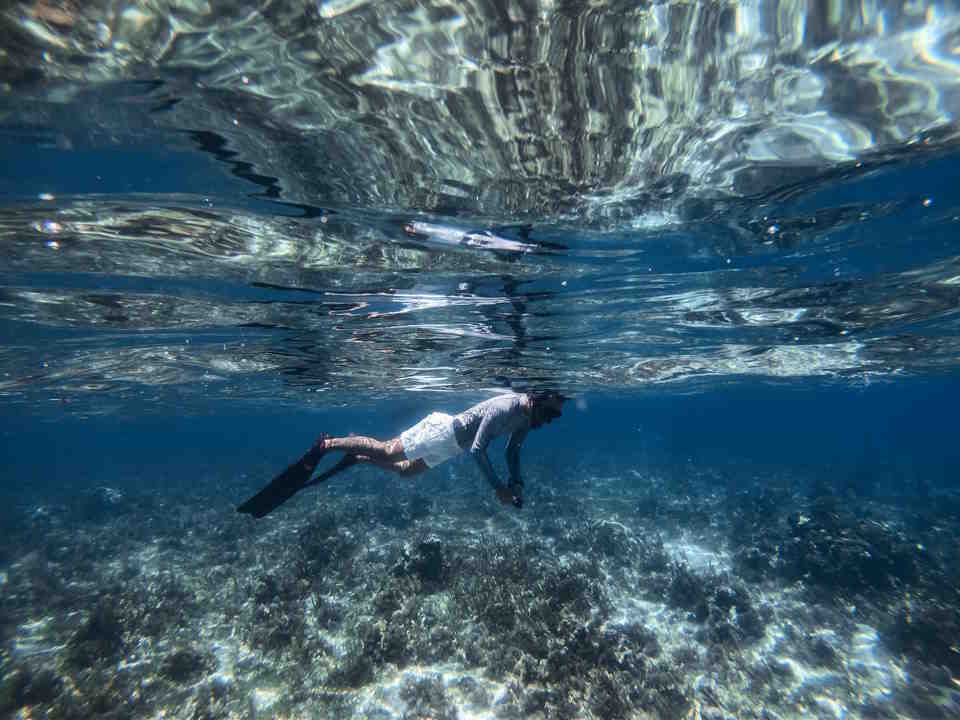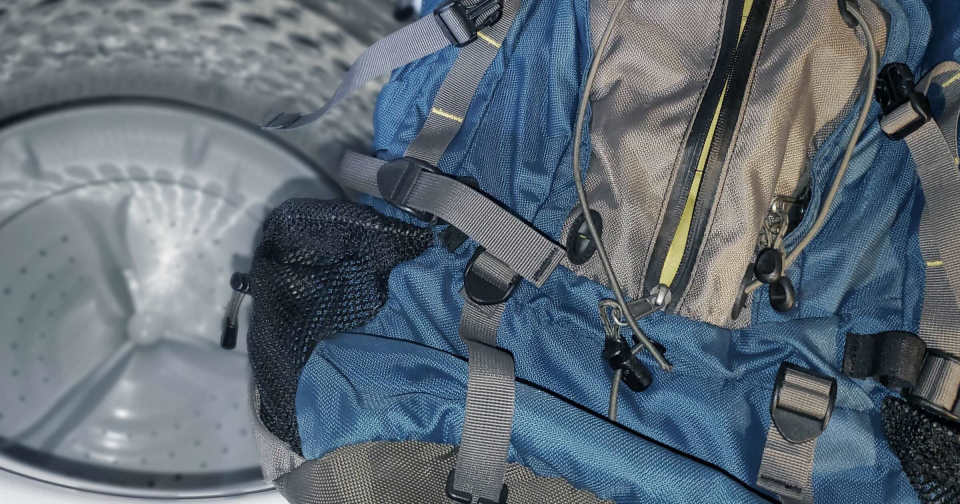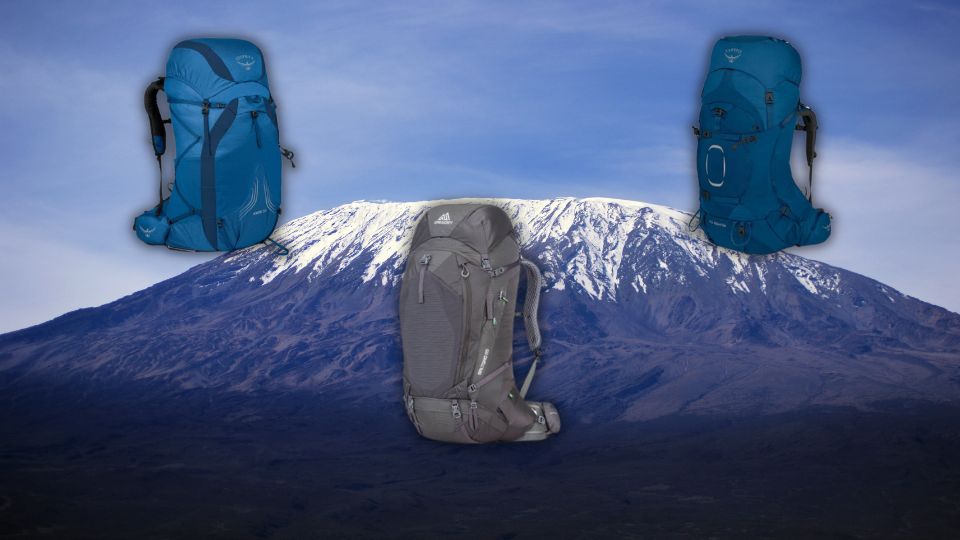If you’re planning to go snorkeling for the first time, you might be wondering if it’s safe. The good news is that snorkeling is generally a safe activity that almost anyone can enjoy. However, there are some risks involved, and it’s important to know what they are and how to stay safe while snorkeling. We’ll answer some common questions about the safety of snorkeling, including who should avoid it, how deep and how long is safe to snorkel, and whether beginners can safely give it a try. Let’s dive in!
Introduction
Are you thinking of trying snorkeling? It’s a popular activity for people who love water and marine life. Snorkeling lets you explore the beauty of the ocean even if you’re not a certified diver.
Whether you’re a beginner or an experienced snorkeler, you might be wondering if it’s safe to go underwater for extended periods. Snorkeling is generally a safe activity, but it also depends on various factors such as your health, swimming ability, the environment, and the equipment used.
- Health: Before you go snorkeling, assess your health. If you have a medical condition such as asthma, heart problems, or ear infection, consult your doctor first. Snorkeling may worsen your condition or cause other health risks such as hyperventilation, dehydration, or sunburn if you’re not careful.
- Swimming ability: Snorkeling requires basic swimming skills. If you’re not confident in the water, take swimming lessons first. Never snorkel alone and always have a buddy who can assist you in case of emergency.
- Environment: The ocean is unpredictable and can have strong currents, waves, or weather conditions that can affect your snorkeling experience. Always check the weather forecast and the water conditions before entering the water. Avoid snorkeling in areas with high boat traffic or marine life that can harm you, such as jellyfish or sharks.
Lastly, the equipment you use is vital to your safety while snorkeling. Make sure to rent or buy high-quality snorkeling gear such as a mask, fins, snorkel, and wetsuit (if necessary). Check the fit and comfort of the equipment before using them. Don’t compromise your safety by using damaged or ill-fitting gear.
What Is the Risk of Snorkeling?
Snorkeling is a fun and exciting water activity that allows you to discover the beauty of the underwater world and get up close and personal with marine life. Despite its popularity, snorkeling is not without risk. Before you jump into the water, it’s important to understand the risks involved to ensure your safety.
- Drowning – Drowning is a risk associated with any water activity, and snorkeling is no exception. If you’re not a strong swimmer, it’s important to wear a life jacket and stay within your comfort zone. It’s also important to monitor your breathing and avoid hyperventilating, which can lead to shallow water blackout.
- Sunburn and dehydration – Snorkeling often takes place in sunny and warm locations, which can lead to sunburn and dehydration. It’s important to apply sunscreen regularly and drink plenty of water to stay hydrated.
- Injury from marine life – While underwater, you may encounter various marine life, some of which can be dangerous. It’s important to avoid touching or provoking marine life to prevent injury.
- Equipment issues – Snorkeling equipment, such as masks and fins, can malfunction or break. It’s important to check your equipment before snorkeling and ensure it’s in good condition.
It’s important to note that the majority of snorkeling injuries and deaths are preventable. By following safety guidelines and being aware of the risks, you can enjoy your snorkeling experience safely and without incident.
Who Should Not Do Snorkeling?
Snorkeling is a fantastic way to explore the underwater world and observe various marine creatures in their natural environment. However, it is not suitable for everyone. Certain physical conditions may prohibit individuals from participating in this activity.
People who have asthma or other respiratory problems should avoid snorkeling. Breathing through a tube for an extended period can put extra strain on the lungs, potentially leading to shortness of breath and other complications. Those with heart conditions or high blood pressure should also avoid this activity, as it can raise their heart rate and blood pressure to dangerous levels.
- Pregnant women are generally advised against snorkeling as the exertion and possible changes in pressure may harm the fetus.
- Individuals with ear infections or prone to ear pain should not engage in snorkeling, as the changes in pressure can worsen their condition.
- People with any open wounds or cuts should avoid snorkeling due to the risk of infection.
- Lastly, those who cannot swim or are not comfortable in the water should not go snorkeling as it can be dangerous if they panic or become overwhelmed.
Ultimately, it is important to listen to your body and not push yourself beyond your limits. If you have any doubts or concerns about your ability to snorkel, it is always best to consult with a doctor or medical professional beforehand.
Is Snorkeling Safe for Beginners?
Snorkeling is an exciting way to explore the underwater world. It is a popular activity among both experienced and novice swimmers. However, as a beginner, you may wonder if it is safe for you.
The answer is yes, snorkeling is safe for beginners. However, like any sport, it comes with some safety precautions. Firstly, make sure you have the right equipment.
- Mask – be sure to get a mask that fits you well, and the strap fits snugly around your head.
- Fins – fins help you move through the water easier, and provide some added propulsion.
- Snorkel – a good snorkel is one that fits comfortably in your mouth, and has a one-way valve at the bottom to release any water that may seep in.
Another important thing to keep in mind is to never snorkel alone. Always have a buddy with you. It is recommended to snorkel with a group, especially if you are a beginner.
Before you begin, make sure you practice in shallow waters first to get used to the equipment and the sensation of snorkeling. Also, do not venture too far from shore or beyond your limits.
How Deep Is It Safe to Snorkel?
Snorkeling can be an exhilarating activity that allows you to explore the mesmerizing underwater world. However, before you dive in, it is important to understand the safety measures to take whilst snorkeling. One common question often asked is, “how deep is it safe to snorkel?”
While there is no clear answer to this question, it is important to follow some general guidelines to ensure your safety when snorkeling. Experts recommend that you do not go deeper than 30 feet when snorkeling, especially if you are a beginner. This is because the deeper you go, the more challenging it becomes to breathe through the snorkel.
- It is important always to snorkel with a buddy. This way, you can look out for each other, and in the event of an emergency, someone will be there to give you a hand.
- Wearing a wetsuit can help you stay warm, especially if you are snorkeling in cold water.
- It is also essential to avoid snorkeling in strong currents. Swimming against a strong current can be exhausting and dangerous, so it is always best to avoid snorkeling in such conditions.
Another crucial safety tip to keep in mind is never to hold your breath while snorkeling. It can lead to an increased risk of lung injuries such as pulmonary barotrauma. Therefore, it is essential to breathe normally and calmly through the snorkel to ensure a constant flow of air to your lungs.
| Depth | Danger |
|---|---|
| 0-10 feet | Low danger |
| 10-20 feet | Moderate danger |
| 20-30 feet | High danger |
It’s also essential to pay attention to your body and know when to call it quits. If you feel tired, cold, or unwell, it’s best to get back to shore and take a break. Ignoring the warning signs can put you at risk of accidents and injuries.
How Long Is It Safe to Snorkel?
Snorkeling is a fun and exciting activity that allows you to explore the world beneath the waves. It is a popular pastime for many people, but many are concerned about the risks associated with it. One common question that many people have is, “How long is it safe to snorkel?”
The answer to this question varies depending on a number of factors, such as your level of experience and physical fitness, the environment in which you are snorkeling, and the conditions of the water. Generally speaking, it is safe to snorkel for up to two hours at a time, especially if you are a beginner. However, if you are an experienced snorkeler and are physically fit, you may be able to snorkel for longer than two hours.
- Factors that can affect how long you can snorkel:
- Physical fitness and health
- Experience level
- Water and weather conditions
- Equipment quality and fit
It is important to remember that snorkeling can be physically demanding, especially if you are trying to dive deep or swim against a strong current. It is important to listen to your body and take breaks when needed. If you start to feel tired, dizzy, or short of breath, it is time to head back to shore.
Additionally, it is important to know your limits and not push yourself too hard. If you are new to snorkeling, start with short sessions and gradually work your way up to longer sessions as you build up your endurance and confidence in the water. Always stay within your comfort zone and don’t try to snorkel beyond your physical abilities.
Snorkeling is a great way to explore the underwater world, but it is important to do so safely. By following these tips and guidelines, you can ensure a safe and enjoyable snorkeling experience, no matter how long you choose to be in the water.

